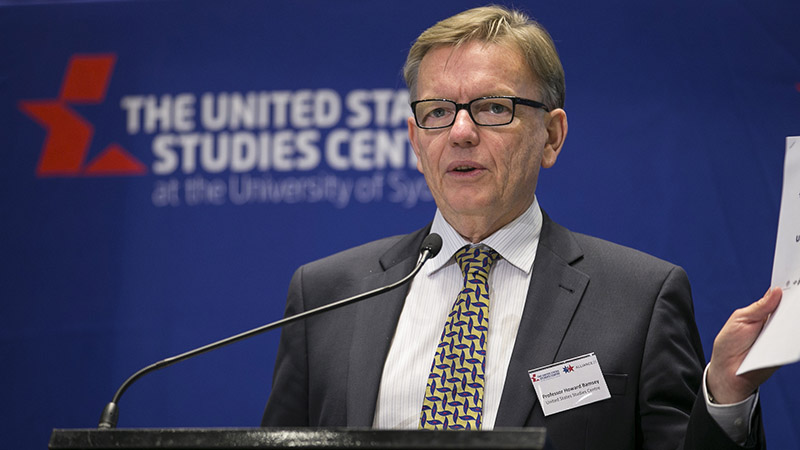The Green Climate Fund (GCF) will on Tuesday, August 29, 2017 launch a guide on strengthening the central role of gender consideration in its allocation of climate finance.

“Mainstreaming Gender in Green Climate Fund Projects” details how GCF partners need to mainstream the inclusion of women, girls, men and boys from socially excluded and vulnerable communities at all stages of the climate finance project cycle.
According to the GCF, it is the first climate finance fund to mainstream gender perspectives from the outset of its operations as an essential element of its decisions on funding proposals. Its first manual on gender in climate finance was compiled in close collaboration with UN Women, a global body dedicated to gender equality and empowering women.
GCF Executive Director, Howard Bamsey, and Swedish Minister for International Development Cooperation and Climate, Isabella Lövin, will jointly launch the guide during the World Water Week, currently being held in Stockholm, Sweden.
GCF’s Gender and Social Specialist, Rajib Ghosal, said the marginalisation of women from economic and political power means they tend to bear the greater brunt of climate change effects.
“At the same time, in many countries, women are recognized as agents of positive change who make valuable contributions to climate change mitigation and adaptation efforts,” he added.
“Gender consideration should not be seen as an extra burden in the approval of climate finance projects. It is a key element in the success of climate finance initiatives, considering the crucial role women play in societies.”
Mr Ghosal said GCF-approved projects are forging new frontiers in female empowerment, such as an innovative initiative generating a low-carbon energy sector in Mongolia which ensures over half of the loan support will go towards women-led/owned enterprises.
This $60 million private sector project, implemented by Mongolia’s XacBank, is designed to overcome the current reluctance by investors to fund the opening of new markets in renewable energy and energy efficiency. He also emphasised the important of taking a gender aware approach in financing adaptation projects.
This includes GCF’s support for a $166.3 million project enhancing the resilience of communities in the eastern Indian state of Odisha. India’s National Bank for Agriculture and Rural Development (NABARD) is ensuring its implementation of this project matches the whole stratum of community needs by using 1,000 water champions to oversee the installation of solar-power water pumps.
